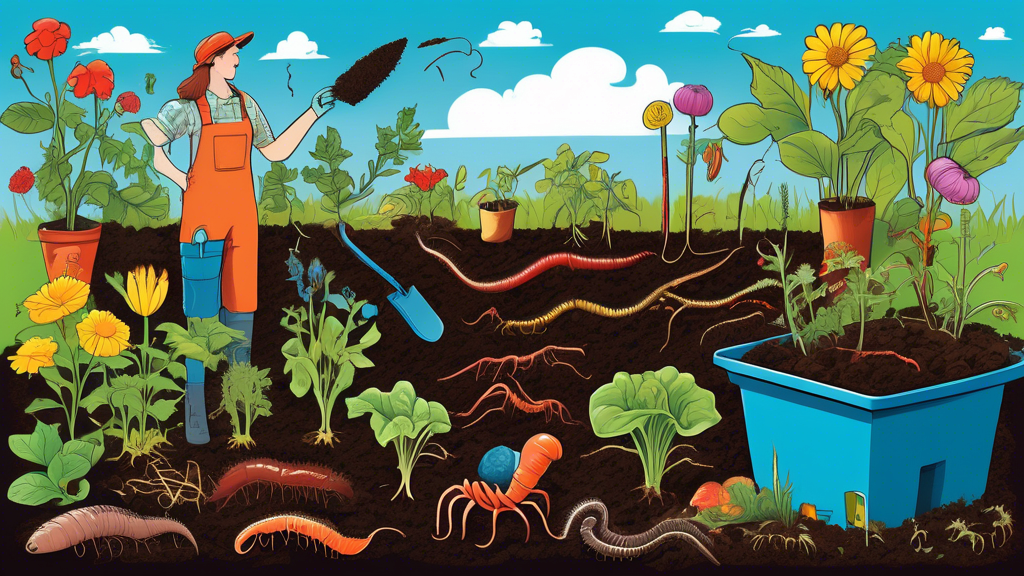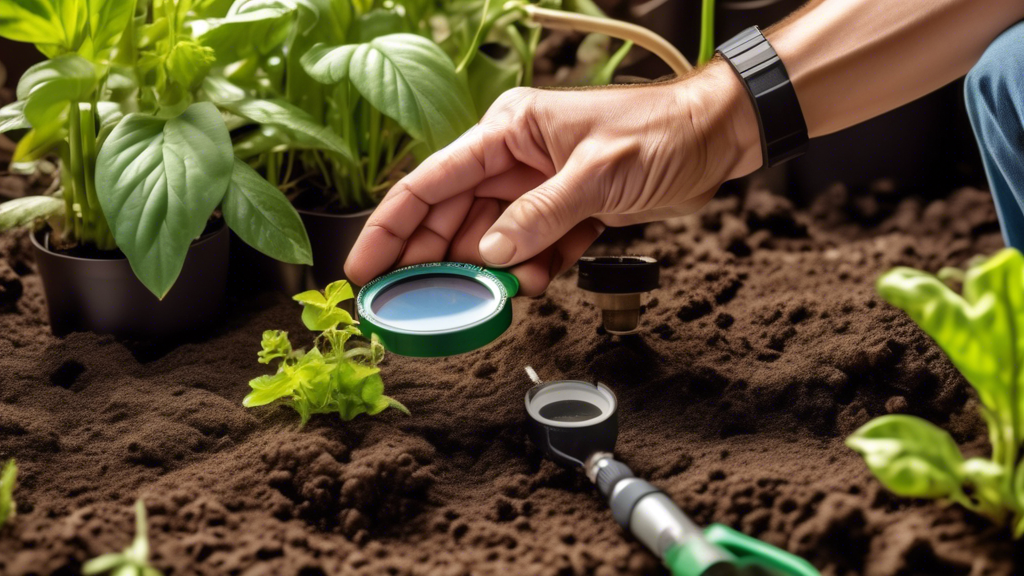
The Hidden Costs of Chemical Pest Control
Many gardeners find themselves trapped in a cycle of chemical dependency that harms more than it helps. Understanding these frustrations is the first step toward a more natural solution.
The Pesticide Treadmill
Chemical solutions create a vicious cycle where stronger pests emerge, requiring increasingly potent treatments. This not only damages your local ecosystem but can leave harmful residues on the very food you’re trying to grow safely.
Endless Expense and Effort
The constant need to purchase sprays and dedicate hours to application becomes both financially draining and time-consuming, turning gardening from a joy into a chore.
How Companion Planting Creates Natural Defenses
Companion planting works with nature’s own systems to create an environment where pests are managed naturally and effectively.
Nature’s Camouflage System
Strong-smelling herbs like basil and rosemary act as natural scent masks, confusing pests that would otherwise easily locate their target plants through smell alone.
The Sacrificial Plant Strategy
Some plants serve as “trap crops” that pests prefer over your main vegetables. By strategically placing these sacrificial plants, you can protect your prized crops while concentrating pests in manageable areas.
Recruiting Garden Bodyguards
Certain companion plants attract beneficial insects that serve as natural predators to common pests. This creates a self-regulating ecosystem where nature does the pest control for you.
Practical Companion Planting Strategies for Pest Management
Here are specific, actionable pairings you can implement in your garden immediately.
Proven Plant Partnerships
| Main Crop | Companion Plant | Pests Deterred |
|---|---|---|
| Tomatoes | Basil | Tomato hornworms, mosquitoes |
| Cabbage | Nasturtiums | Aphids (trap crop) |
| Cucumbers | Marigolds | Nematodes, various beetles |
| Carrots | Rosemary | Carrot flies |
Plant Combinations to Avoid
Just as some plants thrive together, others compete or inhibit growth. Keep beans away from onions, and separate potatoes from tomatoes to prevent stunted growth and disease spread.
Beyond Pest Control: The Surprising Additional Benefits
Companion planting offers advantages that extend far beyond just managing pests, creating a truly resilient garden ecosystem.
Nature’s Nutrient Delivery System
Certain plants like comfrey and borage act as “dynamic accumulators,” drawing minerals from deep soil layers and making them available to neighboring plants through leaf decomposition – essentially creating free, natural fertilizer.
Natural Support Structures
The classic “Three Sisters” method demonstrates how plants can support each other physically – corn provides structure for beans to climb, while squash leaves shade the soil to retain moisture and suppress weeds.
Comparing Natural Pest Control Methods
Understanding how companion planting fits within the broader organic gardening toolkit helps you make informed decisions.
| Method | Approach | Best Use Case |
|---|---|---|
| Companion Planting | Proactive, preventative | Long-term ecosystem building |
| Neem Oil | Reactive treatment | Immediate pest outbreaks |
| Diatomaceous Earth | Physical barrier | Targeted pest control |
Common Questions About Companion Planting
Is there scientific evidence supporting companion planting?
While some traditional pairings lack extensive research, many have solid scientific backing. The marigold-nematode relationship is well-documented, and the broader principle of biodiversity creating garden resilience is a fundamental ecological concept.
Can this work in small spaces or containers?
Absolutely! Interplanting herbs and flowers among vegetables is actually more effective in confined spaces where pest movement is limited. Container gardens benefit greatly from strategic plant partnerships.
How quickly will I see results?
Companion planting is a strategic, long-term approach. While some benefits appear immediately, the full ecosystem balance typically establishes within one to two growing seasons, creating increasingly effective pest control each year.
What’s the most overlooked benefit of companion planting?
Beyond pest control, many gardeners don’t realize that certain plant combinations can actually enhance the flavor of neighboring crops. Basil grown near tomatoes not only repels pests but can subtly improve the tomatoes’ taste profile through root interactions.






